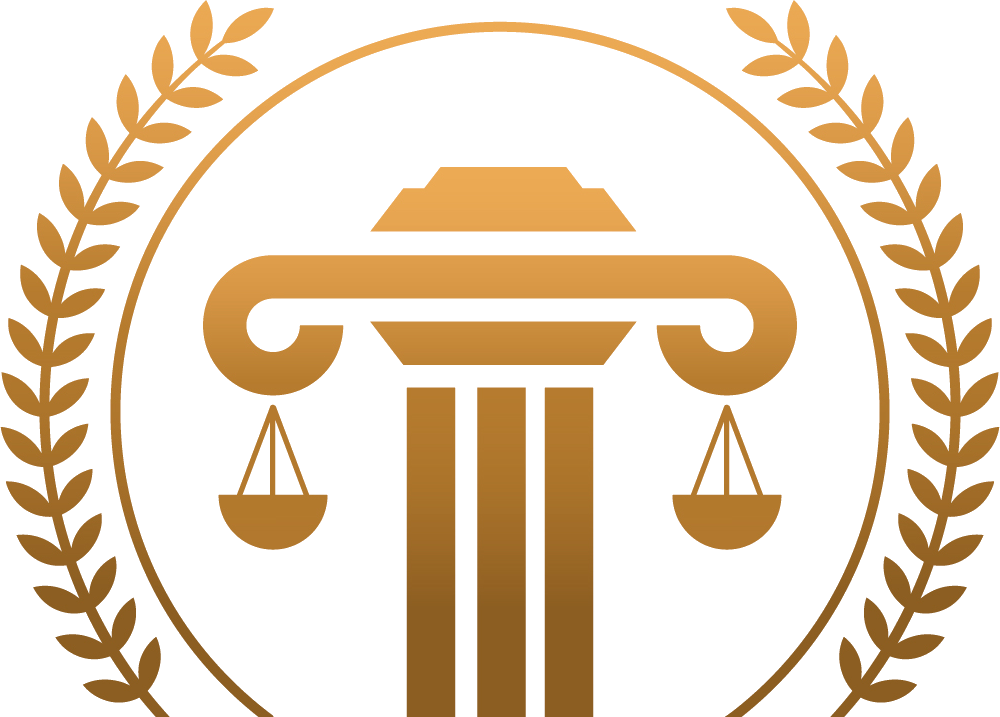
Exploring the Foundations of Law: Understanding Its Role in Society
Introduction: Law serves as the cornerstone of civilized societies, providing a framework for governance, justice, and order. From ancient legal codes to modern statutory laws, the concept of law has evolved over millennia to reflect the values, norms, and principles of diverse cultures and civilizations. In this blog, we embark on a journey to explore the foundations of law, its historical significance, and its pivotal role in shaping contemporary society.
The Historical Roots of Law: The origins of law can be traced back to ancient civilizations such as Mesopotamia, Egypt, and ancient Greece, where rulers and societies established codes of conduct to govern human behavior and resolve disputes. One of the earliest known legal codes is the Code of Hammurabi, dating back to ancient Mesopotamia around 1754 BCE, which laid down a set of laws and punishments to maintain order and justice in society.
The Development of Legal Systems: As societies evolved and expanded, so too did their legal systems. Ancient civilizations developed complex legal structures, including courts, judges, and legal institutions, to adjudicate disputes and enforce laws. The Roman Empire, for example, is renowned for its comprehensive legal system, which laid the groundwork for modern legal principles such as due process, precedent, and the rule of law.
The Evolution of Modern Law: The modern concept of law emerged during the Enlightenment era in Europe, where philosophers and jurists championed principles of individual rights, equality before the law, and the separation of powers. Influential legal scholars such as John Locke, Montesquieu, and John Stuart Mill laid the groundwork for democratic governance and constitutional law, shaping the legal frameworks of many modern democracies.
The Role of Law in Society: Law plays a multifaceted role in society, serving as a mechanism for maintaining order, resolving disputes, and protecting individual rights and liberties. It provides a framework for regulating behavior, defining property rights, and ensuring accountability and justice for all members of society. Moreover, law serves as a tool for social change, allowing for the evolution of norms and values in response to shifting societal dynamics and challenges.
Key Principles of Modern Legal Systems: Modern legal systems are built upon a set of fundamental principles that underpin the rule of law and democratic governance. These principles include:
Equality before the Law: All individuals are entitled to equal treatment and protection under the law, regardless of their race, gender, or social status.
Due Process and Fair Trial: Every individual has the right to a fair and impartial trial, with due process safeguards to protect against arbitrary or unjust treatment.
Presumption of Innocence: Individuals are presumed innocent until proven guilty in a court of law, and the burden of proof rests with the prosecution to establish guilt beyond a reasonable doubt.
Legal Rights and Liberties: Legal systems recognize and protect fundamental rights and liberties, including freedom of speech, assembly, religion, and privacy.
Separation of Powers: To prevent the concentration of power and ensure checks and balances, modern legal systems separate the executive, legislative, and judicial branches of government.
Conclusion: In conclusion, law serves as the bedrock of civilized societies, providing a framework for governance, justice, and order. From its ancient roots to modern legal systems, the concept of law has evolved to reflect the values, norms, and principles of diverse cultures and civilizations. By upholding key principles such as equality, due process, and the rule of law, legal systems play a vital role in shaping contemporary society and advancing the ideals of justice, liberty, and democracy.



